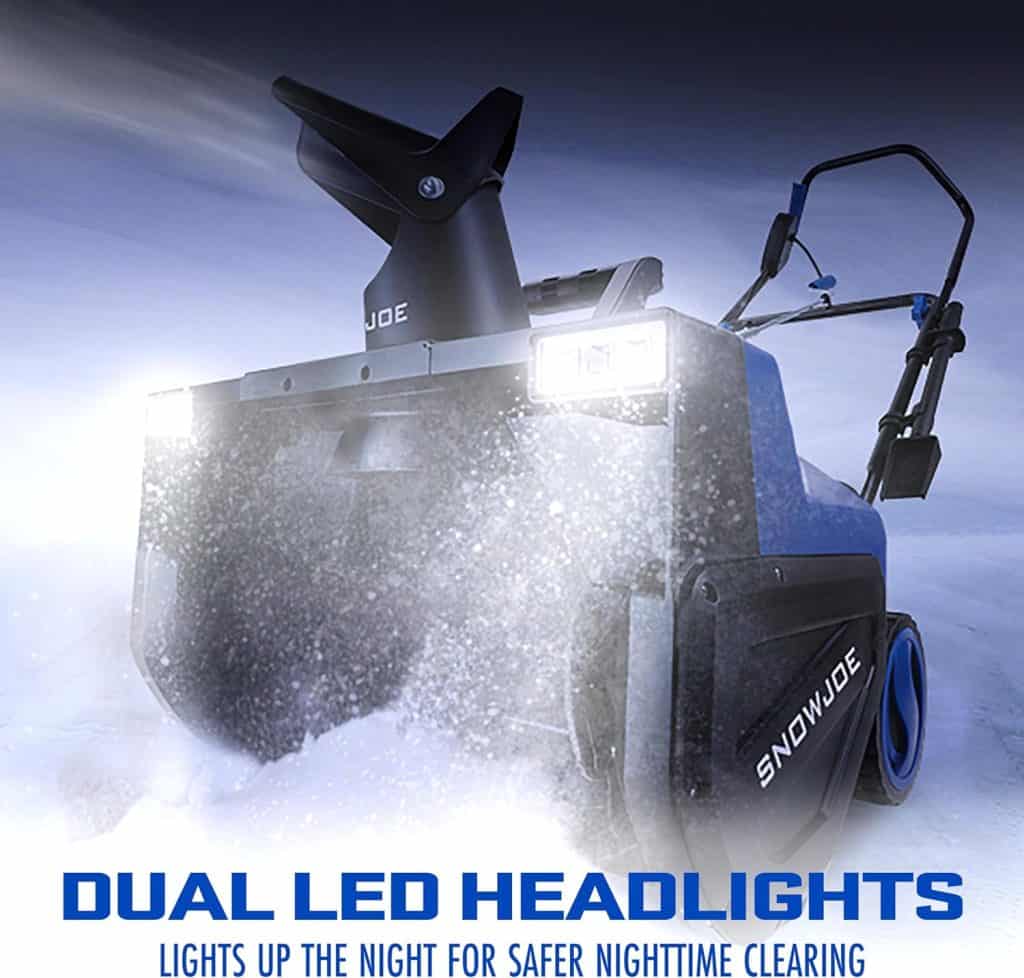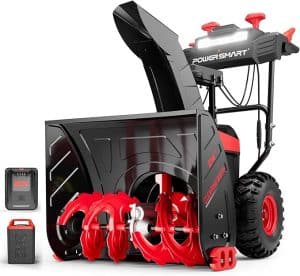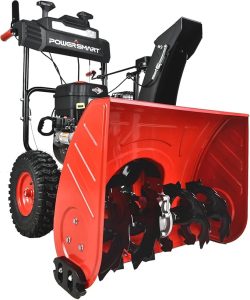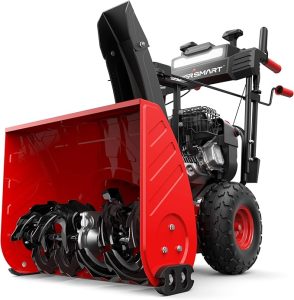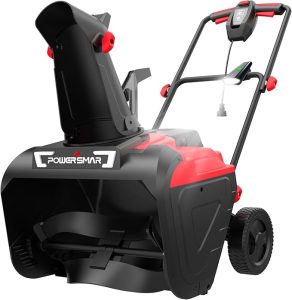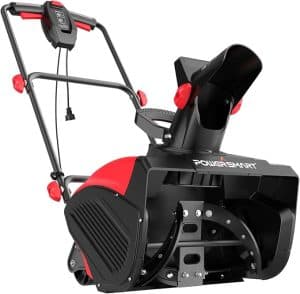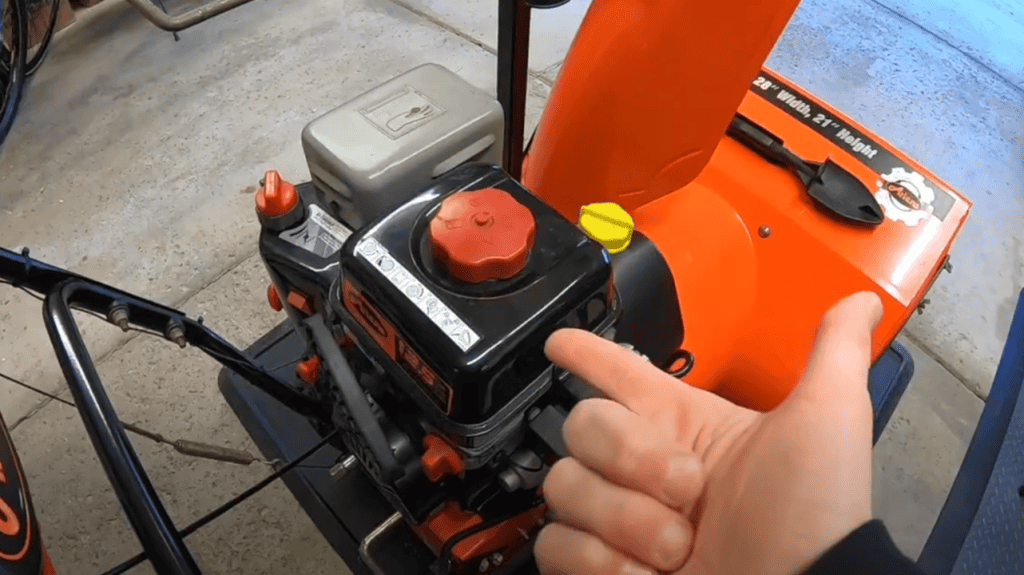
When winter storms hit, having a reliable snow blower can make all the difference in clearing your property quickly and efficiently. Homeowners often find themselves torn between electric snow blowers and gas-powered models. Each type has its own set of advantages and drawbacks, so it’s essential to understand the differences before making a purchase.
Electric Snow Blowers: Quiet and Low-Maintenance
Electric snow blowers have gained popularity in recent years due to their eco-friendly nature and ease of use. These machines come in two varieties: corded and cordless. Both types offer several benefits for homeowners:
1. Quiet Operation: Electric snow blowers produce significantly less noise than their gas counterparts, making them ideal for early morning clearing or in noise-sensitive neighborhoods.
2. Low Maintenance: With no oil changes or fuel mixing required, electric snow blowers are much simpler to maintain.
3. Easy Start-Up: Simply plug in or insert a battery, push a button, and you’re ready to go.
4. Lightweight: Electric models are generally lighter and more maneuverable than gas snow blowers.
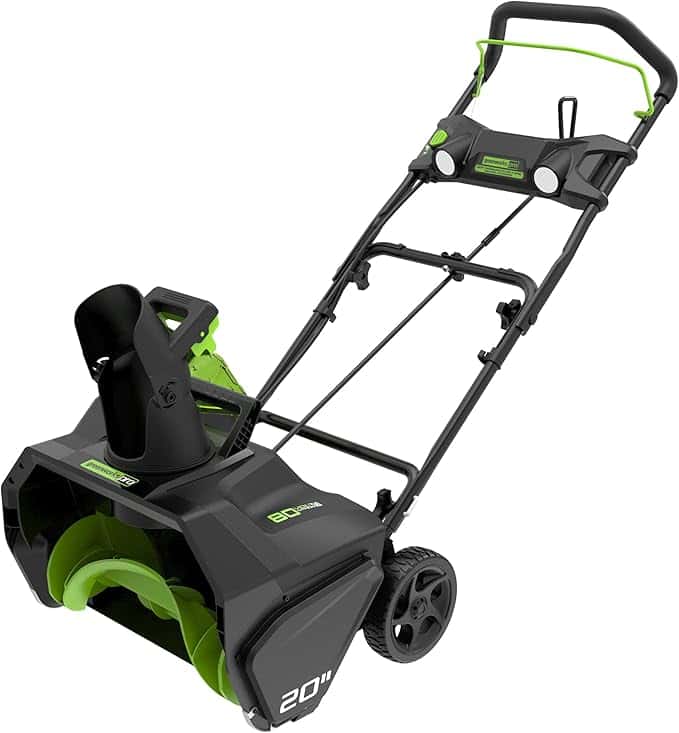
Greenworks 80V (75+ Compatible Tools) 22” Brushless Cordless Snow Blower, 4.0Ah Battery and Charger Included
However, electric snow blowers do have some limitations:
1. Power Constraints: They may struggle with heavy, wet snow or large accumulations.
2. Limited Range: Corded models are restricted by cord length, while battery-powered units have finite run times.
Gas Snow Blowers: Power and Performance
Gas snow blowers are the go-to choice for those dealing with heavy snowfall or large areas to clear. Here’s why many homeowners opt for gas-powered models:
1. Superior Power: Gas snow blowers can handle deeper snow and tougher conditions with ease.
2. Unlimited Range: No cords or batteries mean you can clear snow anywhere on your property.
3. Faster Clearing: The extra power allows for quicker snow removal, especially in heavy snowfall.
4. Multiple Stages: Gas models often come in two-stage or three-stage designs, offering more efficient snow clearing.
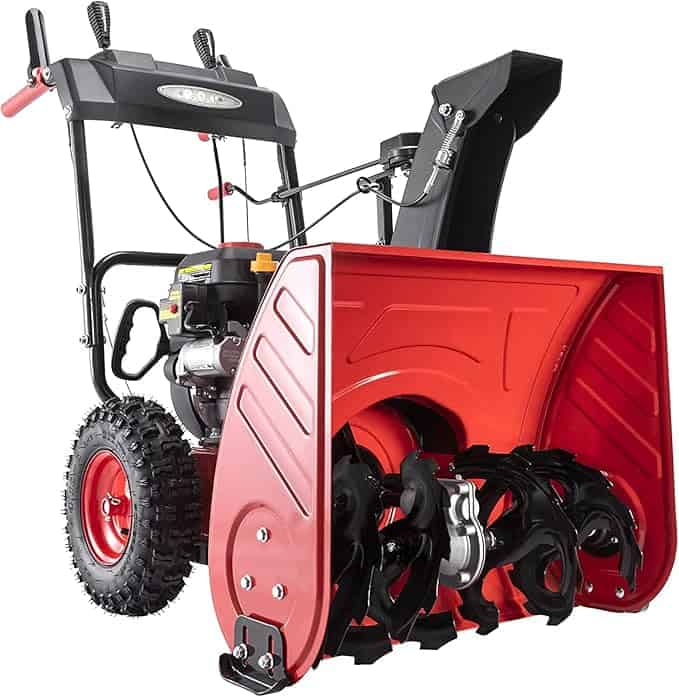
PowerSmart Snow Blower Gas Powered 24 Inch 2-Stage 212cc Engine with Electric Start, LED Headlight, Self Propelled Snowblower (PS24-LED)
Despite these advantages, gas snow blowers have their drawbacks:
1. Noisy Operation: The engine noise can be significant, potentially disturbing neighbors.
2. Higher Maintenance: Regular oil changes, fuel management, and engine upkeep are necessary.
3. Heavier Weight: Gas models are typically bulkier and harder to maneuver than electric ones.
4. Environmental Impact: Gas engines produce emissions and require fossil fuels.
Choosing Between Electric and Gas Snow Blowers
When deciding between electric and gas snow blowers, consider the following factors:
1. Snow Conditions: For light to moderate snowfall, an electric model may suffice. For heavy, frequent snow, a gas-powered unit might be necessary.
2. Property Size: Larger areas benefit from the unlimited range of gas snow blowers, while smaller properties can be easily managed with electric models.
3. Maintenance Preferences: If you prefer minimal upkeep, an electric snow blower is ideal. Those comfortable with engine maintenance might lean towards gas.
4. Noise Considerations: Electric snow blowers are the clear choice for quiet operation.
5. Environmental Concerns: Eco-conscious homeowners may prefer the cleaner operation of electric models.
In conclusion, both electric and gas snow blowers have their place in the market. By carefully assessing your specific needs and preferences, you can choose the right type of snow blower to keep your property clear and safe throughout the winter season.


